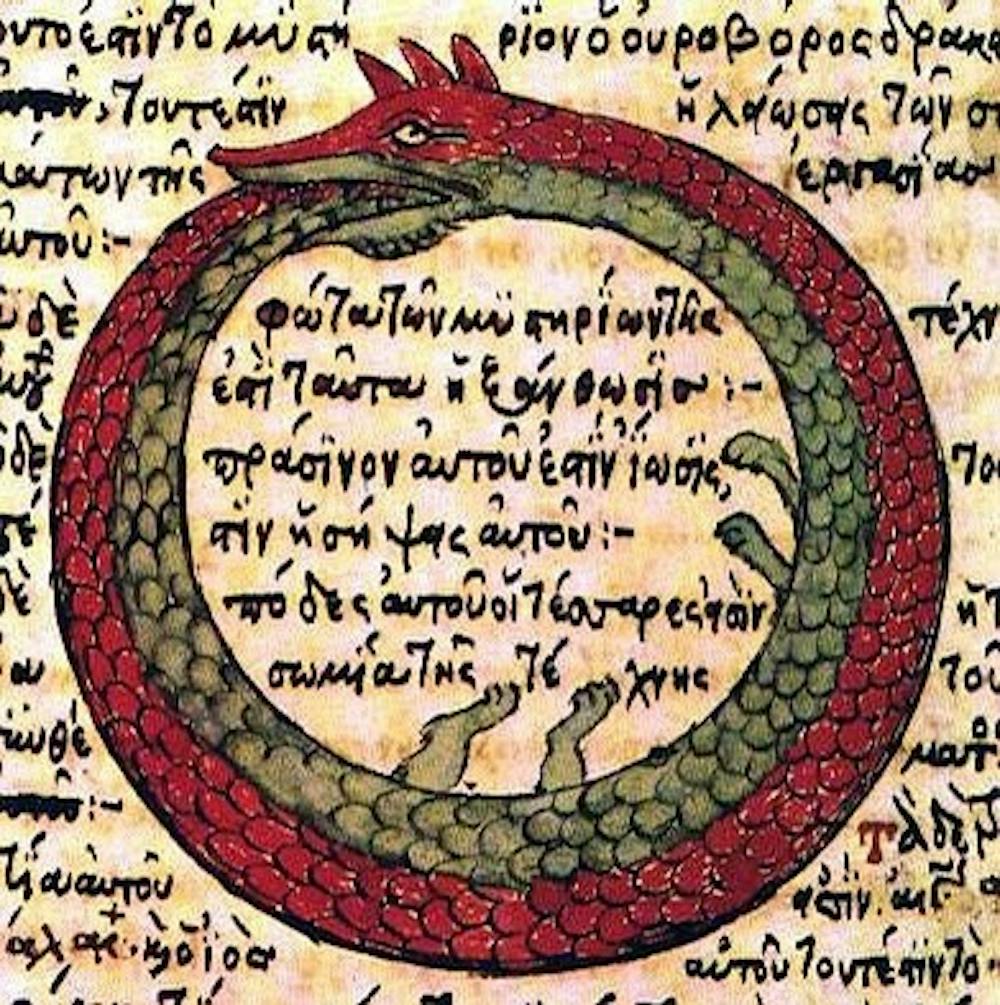Most of children are fearful of evil characters in stories, and most students are fearful of rigorous teachers and homework. However, this kind of fear is just coming from the desire to escape, not the fear coming from the depth of one’s soul, the fear that controls people’s conduct unconsciously. What I want to talk about is the latter one, growing in everyone’s heart even though some of us will deny its existence: the fear of loneliness and the unknown.
As sociologists say, mankind is a social animal, which excuses our fear of loneliness. Looking back in history, the emergence of the tribes, villages and now the countries, all are based on our social needs, which in my mind is just another name for loneliness. Moreover, these communities are not a haven of peace but the places where exclusion begins. The fear of other unknown communities leads people to exclude outsiders. According to the investigation and analysis by Harold R.Isaacs mentioned in Idols of the Tribe, in order to distinguish others’ identities and find those of the same kind, our ancestors used skin colors, nationalities, accents, and languages, but today we use tattoos, nose rings and other things to identify ourselves and our “tribes.”
Fear of loneliness pushes us to get involved in the society, to behave normally and to follow majority opinions, just like what happened in Nazi Germany. While the fear of the unknown lets us harm others in the name of self-defense, that is often groundless. In the nineteenth and twentieth centuries the government treated homosexuals as heterodoxy; at that time people were so scared of being gay that even mentioning this word would be seen as a blasphemy as though it was an infectious disease. Nikolai Gogol, Oscar Wilde and Federico Lorca, all these talented people suffered persecution only because they didn’t conform to the beliefs of that era. As recently as the 1980s, gay people were stereotyped as men who dressed like women and who indulged themselves in anonymous sex. In 1981, the first case of AIDS was diagnosed in America. Since AIDS spread most rapidly in the gay community, society responded with fear instead of compassion. Many mainstream newspapers used horrible words like “homosexual killers” and “homosexual threats” to describe gays. Fear of the unknown disease, AIDS, made people afraid of gays. Ironically, nowadays, as the number of people who support homosexual marriage goes up, people who talk about peace and human rights give homosexuals excessive attention. Adding gay elements, especially erotic plots, to TV series has become a popular tool to attract the public and media’s attention. Some people, particularly conservative politicians, are ridiculed for objecting to homosexual marriage, just like homosexual supporters were derided centuries ago. Fear of loneliness prompts people to stand for gay rights when they are in public; however, when they come home, facing their own children’s sexual orientation, having a gay or lesbian child has become the toughest issue they could ever imagine, because homosexuality is still an unknown threat to them.
Social rules changed as a result of the replacement of authority, but fear of loneliness and the unknown exist in every era despite taking advantage of different disguises. In order to stand up for what is right, we must conquer our fears of loneliness. The solution to the fear of unknown is easy: people can only accept what they can understand. However, the fear of loneliness is a basic human instinct, and the only way to overcome it is to make our hearts strong enough to enjoy loneliness, to be in solitude. If I use 1 to represent the feeling of loneliness while 0 refers to solitude, then we can conclude that loneliness is an unsteady state just as 1 looks like a single man who is eager to find another number. In contrast, 0 looks like a circle, which implies completeness and integration so that solitude means one can talk to his or her heart and find the meaning of life from inner resources instead of gaining recognition from outside. (By the way, this is also one of the reasons why alchemists used Ouroboros as the symbol of wholeness and infinite.)


